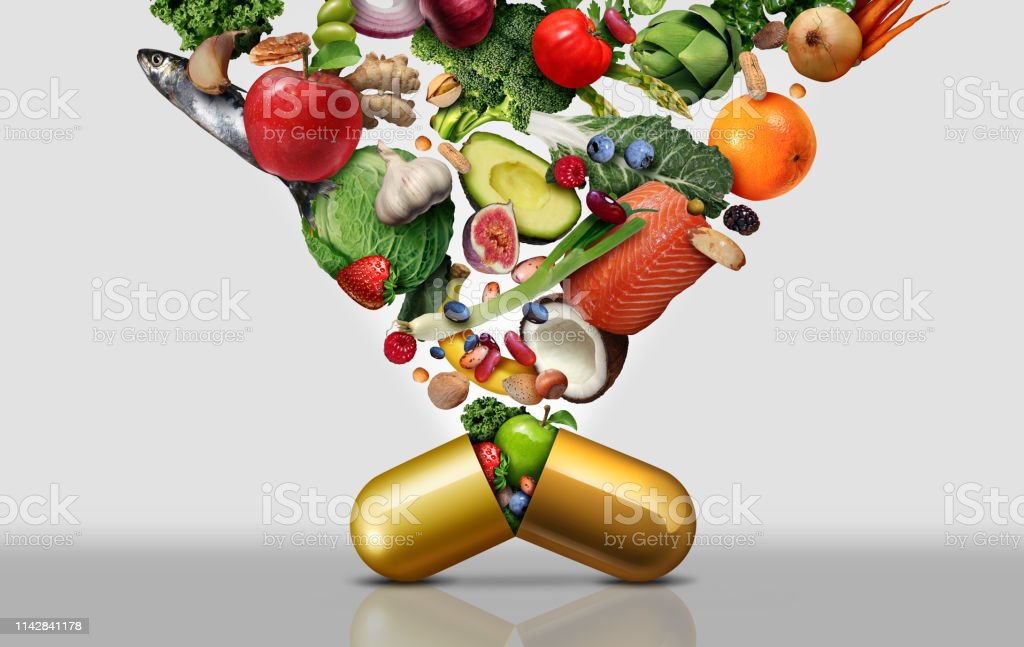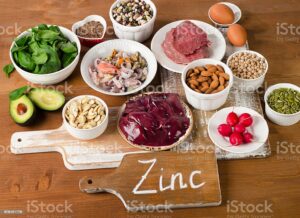Nutrition can make a BIG impact on your period health. How you are fueling your body and the amount of essential nutrients you are getting through diet can make a big difference in a variety of different essential hormone pathways.
When looking at reasons for low thyroid function, painful cycles, PMS, and other hormonal concerns, we should always be assessing diet and lifestyle to see if someone is getting the building blocks they need for healthy hormone production and clearance. And in some cases, even with a good diet you might not be getting everything you need which is when it might be appropriate to bring in targeted supplements.
A number of stereotypes are frequently associated with periods, including feeling lethargic, sobbing, eating chocolate, and a general need for comfort. The key to truly feeling your best may lie in providing your body with the nutrition it requires during menstruation.
Regular menstrual cramps and agony may make it difficult to function normally and also affect one’s mood. Menstrual pain negatively affects a person’s ability to function efficiently, their attitude, and a variety of other aspects. The foods that one eats have an impact on menstrual pain in addition to one’s exercise regimen and lifestyle.
Dealing With Period Cravings
In order to influence hormone production and secretion, nutrients from the diet directly affect the gut and the brain system. Your diet during periods, how much you eat, and how frequently you eat all have an impact on the health of your hormones as well.
Period cravings are totally normal and natural. However, munching on anything could keep you from achieving your health goals. Swapping out what you crave during your periods for healthier alternatives can help your body get what it needs without making you feel worse. Here’s a few options of food to eat during period and their associated nutrients.
Food To eat on around Period Time
Focus on the following nutrients during menstrual cycle: –
Iron: – Beans are a rich source of iron and an excellent option for period time foods. Consuming beans is crucial for the healthy production of hemoglobin, a red blood cell protein that transports oxygen throughout the body. Iron supports blood building, which is essential after losing blood during cycles.
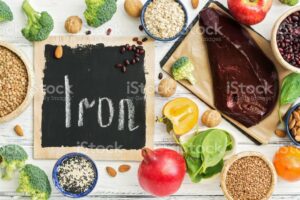
Vitamin B12: – Vitamin B12 is found in abundance in cashews. It is crucial for maintaining hormone balance, as evidenced by the fact that many diseases linked to hormone imbalances are also linked to vitamin B12 deficiencies. For females who have frequent or lengthy periods, these minerals are especially critical. Moreover, vitamins B2, B6, and B12 can have an adverse effect on reproductive outcomes through altering reproductive hormones. Vitamin B6 is especially found to help reduce mood associated PMS.
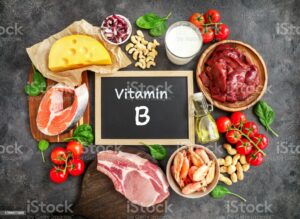
Magnesium: – When it comes to choosing the best food during periods, avocados are an excellent pick. They are filled with the goodness of magnesium aiding in relaxing the uterine smooth muscles (menstrual cramp). The diet can include chocolates, nuts, flaxseeds, pumpkin seeds, and green leafy vegetables.
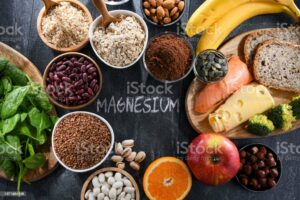
Zinc: – As a cofactor for estrogen and progesterone receptors, zinc is employed to deal with menstrual cramps and discomfort. Both of which could be reduced by the ingestion of zinc. It is essential for thyroid hormone production and testosterone. There’s plenty of zinc found in seafood like oysters. Other options for food to eat during period are pumpkin seeds, grains, beans, and legumes.
Calcium: – Yoghurt is one of the calcium-rich meals to eat on your period. The functional role of calcium in the treatment of menstrual discomfort symptoms. The nutrient relieves water retention and behavioral changes during the premenstrual phase. Calcium-rich foods include almonds, yoghurt, ragi, Channa, paneer, drumsticks, and seeds.
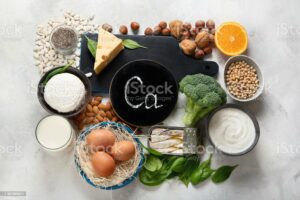
Omega 3 Fatty Acids: -The body’s inflammatory chemical, prostaglandin, which causes headaches and cramps, is counteracted by diets high in anti-inflammatory omega-3 fatty acids. Eggs are one of the major sources of Omega-3 fatty acids. However, it can also be found in fish, walnuts, flaxseeds, and soy.
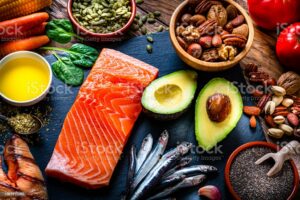
Fibre: – The amounts of estrogen are reduced when you consume fibre rich food, which considerably lessens menstrual cramps. Other fibre-rich foods include oats, whole grains, and sprouts. Therefore, limiting processed foods and incorporating nutritious foods rich in micronutrients can assist in relieving menstrual discomfort.
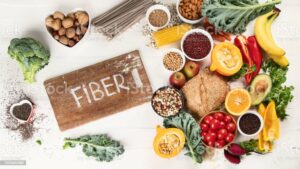
Folic Acid: – Citrus fruits like grapefruit, citron, and sweet orange contain plenty of citrus fruits to maintain a healthy lifestyle. This nutrient aids in overcoming anemia and menstrual cycle maintenance.
So, these were some of the best foods for menstruation. In particular, magnesium, folic acid, and iron are essential nutrients for the female body. They are crucial for the production of blood, balancing blood loss and relieving menstrual cramps.
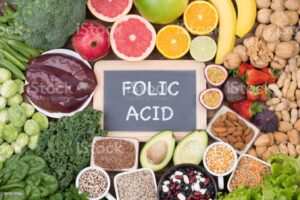
CONCLUSION
In conclusion, our period diet significantly affects every aspect of health, including our menstrual cycle and symptoms. You can try a few iron rich dishes to increase your iron level, which will ultimately ease your menstrual cycle issues.
Along with the food to eat in periods, we also advise you to steer clear of several others that may be making your cramps worse. You can also give some workouts a try to see if they can ease your period cramps or affect your health during menstruation in a positive way.

